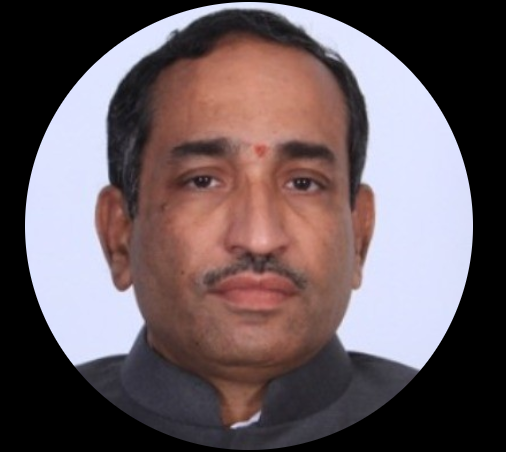A Singapore-based Sri Lankan Tamil entrepreneur has suggested a few small-scale agro-based projects with Indian investment to help the hard-pressed fishermen and farmers of the North and East.
Taking into consideration the travails of the North Sri Lankan fishermen who have not been able to get their legitimate share of fish in the northern waters, Singapore-based Lankan entrepreneur S.Niranjan Nanthagopan has suggested an alternative source of income for them. He proposes seaweed growing.
In his view, the sea cucumber project being done with Chinese investment is unsuited to the area and seaweed growth will be better.
“Sea Weed growing and harvesting is an ideal project for coastal areas of the Sri Lankan North and East which have calm and low tidal waves, especially in the westers along Mannar, Jaffna and Eastern Sri Lanka,” he said.
Furthermore, fishermen who live in these areas often clash with Indian fishermen for sharing the resources available naturally. “The seaweed growing project, set up with Indian support, will help harmonize the relationship between the fishermen of the two countries,” Nanthagopan suggests.
According to him, a Bengaluru-based Company “Sea6 Energy” is keen to develop this project with Lankan fishermen’s participation. The project will include the establishment of a processing unit in Jaffna at a cost of about INR 5 ~ 10 crores (US$ 610,000 to US$ 1.2 million). The processing unit will be producing at least 100 mt per month.
About 300 local families could join the project. Each farmer would require about INR 60,000 (US$ 731) worth of material to develop the seaweed farm.
“Sea6 Energy is ready to invest in the nursery and send a technical expert from India for establishing the farm,” Nanthagopan says.
These farmers will have a monthly income of about INR 10,000 (US$ 122) to INR 15, 000 (US$ 183) for about 9 months in a year.
Beema Bamboo
Beema Bamboo, is a special variety of bamboo that has been developed in India by “Growing Biotech Limited” based in Krishnagiri in Tamil Nadu. Beema bamboo could be grown in the dry Wanni region of Sri Lanka’s North as conditions here are similar to those obtained in Krishnagiri, Nanthagopan points out.
A beam bamboo farm requires an investment of about INR 225,000 (US$ 2741) per acre for the first three years. The third year onwards it will generate an income of not less than INR 75,000 (US$ 914) per acre per annum, Nanthagopan says.
Beema Bambu can be used in handicrafts, paper manufacture, alternative to coal and also in textiles.
Cultivation of Gloriosa Superba and Aloe Vera
These two agro-based products are very much in demand by the pharma and cosmetic industries in India. Both of these can be easily grown in the North and East of Sri Lanka.
Gloriosa Superba production is yet to take off commercially due to a lack of tubers in Sri Lanka. But this can be easily grown in Sri Lanka, Nanthagopan says.
A Pharma company based in Himachal Pradesh is keen to buy the seeds of this plant for processing. There is a buy-back guarantee.
An investment of about INR 250,000 ~ INR 300,000 (US$ 274 to US$ 365) per acre is required for the preparation of the land and planting.
There will be a yield of about 250 – 300 kg of seeds which currently fetches INR 1,150 (US$ 14) per Kg which is about 10 times the initial investment.
There is hardly any expense in maintaining the crop except watering using drip irrigation. Replanting should be done in the fourth year. Replanting could be done with the same tubers.
This is a seasonal crop harvested annually. The company “Sarv Bio Labs Pvt Ltd” based in Himachal Pradesh is willing to buy all the produce from the proposed plantation in Sri Lanka.
The required investment is about INR 3~4 Crores (US$ 365,508 to US$ 487, 344 ). At least 100 families will benefit from the project in the first stage.
Aloe Vera is already being cultivated in the North & East of Sri Lanka. However, there is room for Indian investment here too.
BPO Centers
Currently, there are a couple of Europe and North American-based BPOs in the Sri Lankan North and East. But these are yet to make an impact on the youth there. The youth still lack English knowledge. Investment is also lacking.
However, the infrastructure required for BPOs is already available in the North and East. Training and investments are required.
“We have to impress upon Indian Corporates to set up offices here,” Nanthagopan said.



 Logging you in...
Logging you in... Loading IntenseDebate Comments...
Loading IntenseDebate Comments...

